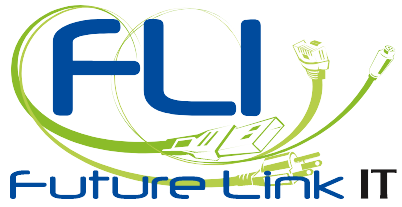 Malicious Computer Viruses: How to Keep Your Information Safe
Malicious Computer Viruses: How to Keep Your Information Safe
Spring is here and so is another round of viruses. But this time it’s not the cough and runny nose kind solved by antihistamines – it’s the computer bug that attacks your computer and your data with a fierce vengeance.
Heartbleed
Although this bug has most likely been around for awhile, an independent security firm, Codenomicon, and researchers at Google are warning about the invasive security threat. Sites such as Torrents, Yahoo, Flickr and Kickass have admitted being affected by this bug.
Robin Seggelman, a German software developer, is responsible for introducing the threat into a security protocol. He insists it was not intentional. Dr. Seggelman was making improvements to the OpenSSL when he inadvertently made the error. Although it is considered a minor error, it has very severe consequences.
Open SSL software is used by banks, social networking sites and online shopping sites. The bug allows hackers to intercept passwords, usernames, credit card and financial information as you log on to a site. It also allows the hackers to steal encryption codes which keep this information safe.
So now that you know about it, what can be done?
Once you are alerted by the site owner that they have fixed the site, you should update your password. For password best practices, read this article.
CryptoLocker
This nasty little bug is termed “ransomware”. It encrypts your files so that you are unable to open them and then requires you to pay a fee to unlock them. After charging the consumers a fee to access their own files, only 50% actually get a key. Of those that do, 30%-50% find they have illegitimate charges on their cards.
These ransonware viruses most likely come from spam email or by clicking on a website link. They are particularly malicious as precious files can be lost forever.
To prevent these types of situations from happening to you, Future Link IT suggests a three-step approach to securing your data: Prevent Intrusion, Protect PC and Recover & Repair. You can read more about this approach on our disaster prevention page.
Not sure if your data is secure? Contact us today to ensure safe surfing!
